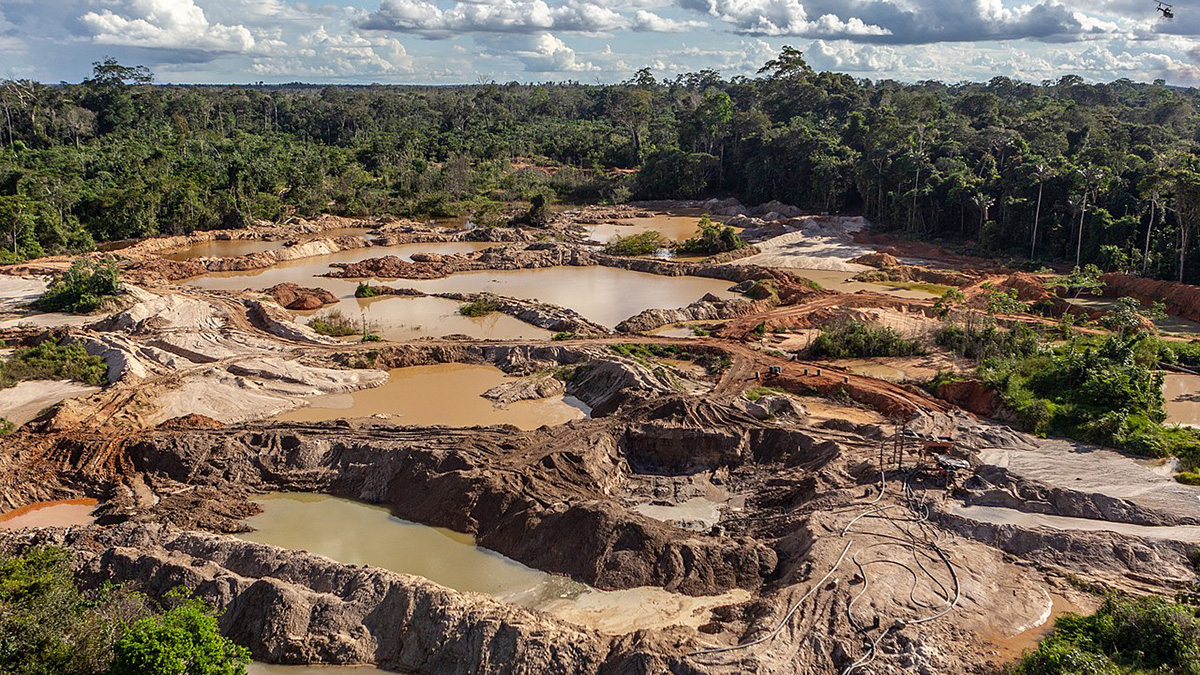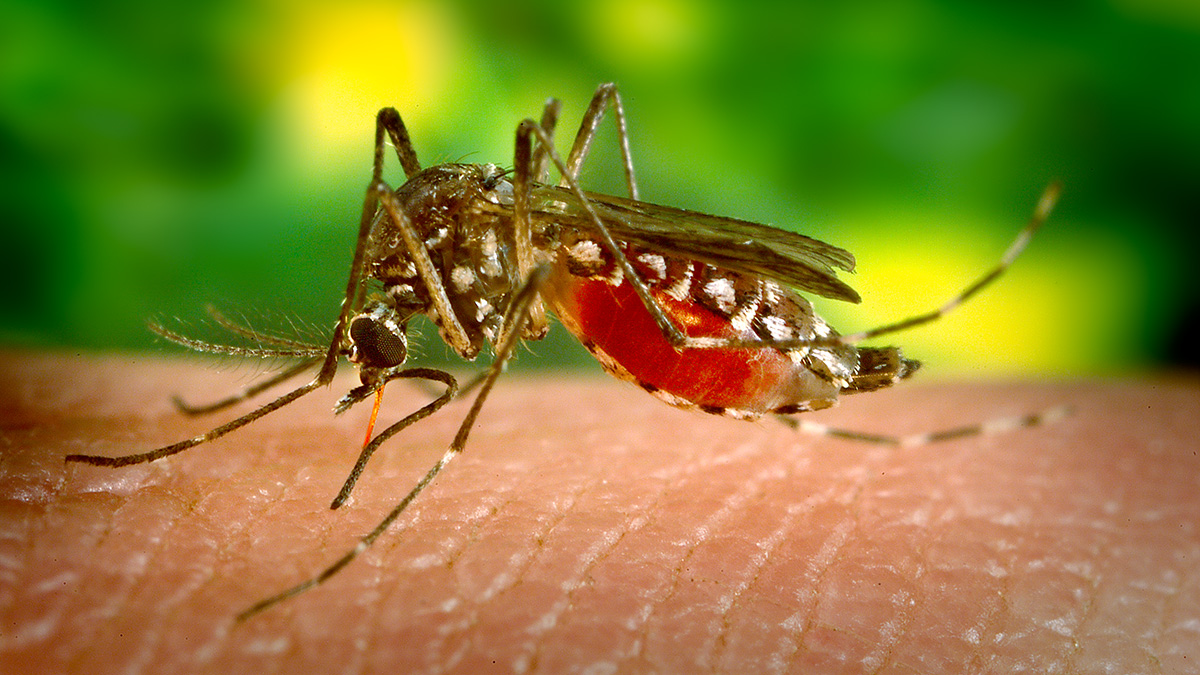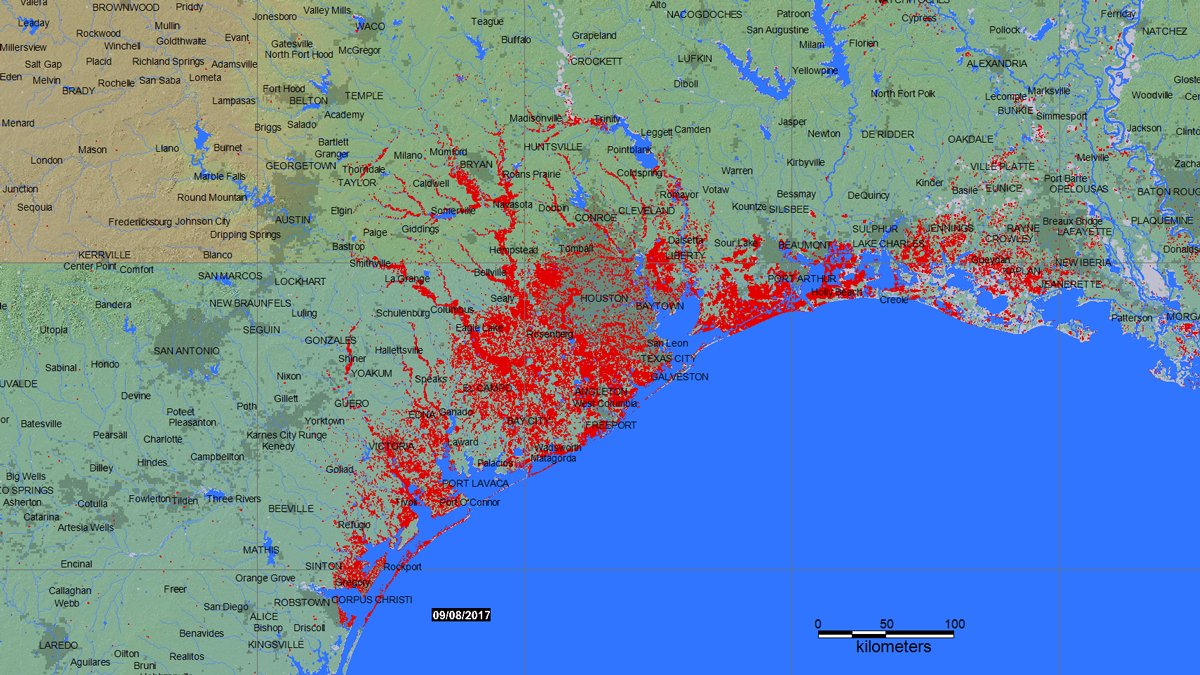Underground fires threaten the health of people and livestock living near mines supporting the country’s growing coal industry.
geohealth
Climate Change Could Reshape Pathogen Profile of Diarrheal Disease
An illness caused by rotavirus could recede as temperatures warm, whereas wetter conditions might favor some bacterial competitors.
Mining Threatens Isolated Indigenous Peoples in the Amazon
A bill in the Brazilian congress could grant a wide expansion for mining on Indigenous lands. New research shows how this could radically affect isolated peoples.
Field Kits Effectively Predict Arsenic Contamination
Field kits used in Bangladesh to test arsenic exposure from contaminated drinking water are effective in comparison to expensive laboratory arsenic tests.
Health Impacts of Air Pollution from Australian Megafires
Models suggest that thousands of Australians experienced dangerous levels of air pollution for several months, leading to more than a hundred deaths.
Remote Sensing Could Predict Well Water Quality After Floods
After a flood, most people rely on officials to test public water sources. Private well owners are on their own, with little data to guide testing and treatment. New research seeks to change that.
Native Super Trees Could Provide Climate Solutions to Houston
A Houston nonprofit identified 14 native “super tree” species that are particularly promising for mitigating climate change and public health concerns.
Mercury-Based Gold Mining Haunts Peruvian Rain Forests
In Peru, gold mining harms rain forests and human health. Satellite data can now track forest recovery in protected areas and the migration of informal miners to less regulated areas.
Tracking Pollution in the Breeze, with Trees
New research outlines how pine needles offer a simple, low-cost means of assessing particulate matter pollution.










